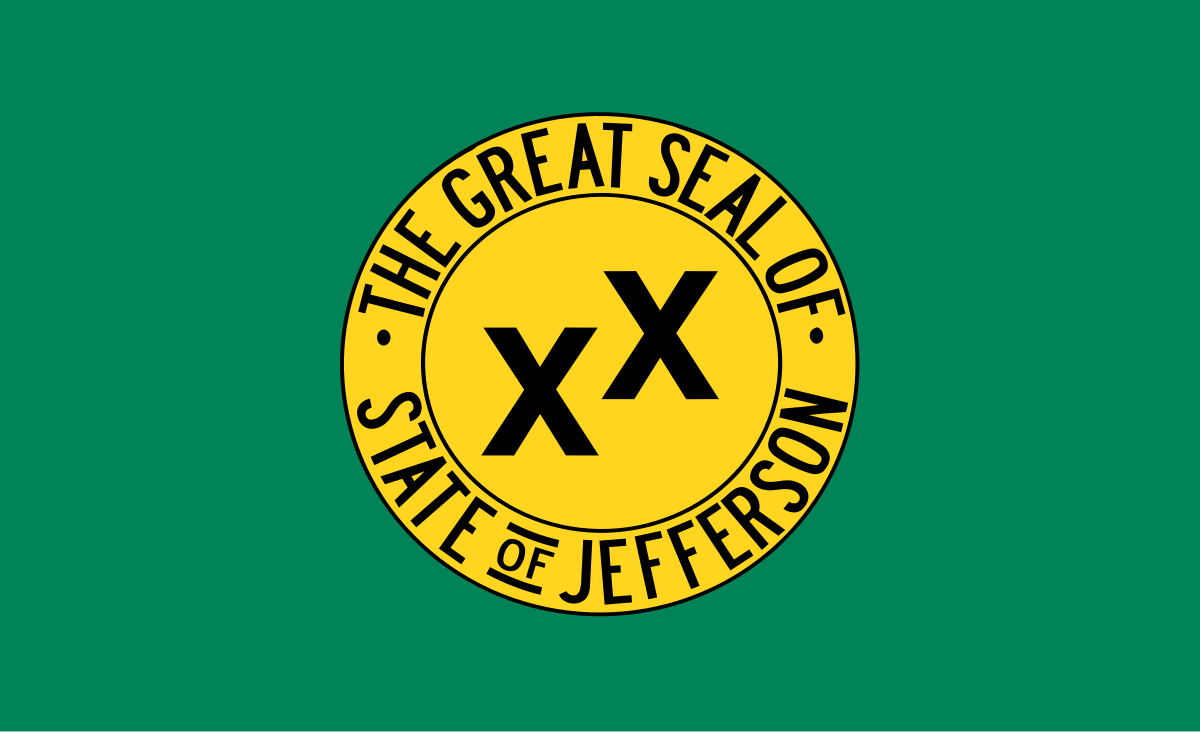The Commission went the reports presented at the convnetion from the different delegates. Their task was to use those reports as a guide to determine what's to do. They came to the consensus that a direct referndum needs to be called. But what would be the options was the real question. The Commission set out a draft a referendum for 1948. In it, there would be three options: Continue the Commission, return of Responsible government, or join Canada.
This unusual set up was not lost on Nick O'Balley and his supporters. By putting three options, they reckoned the commission was trying its best to bias Newfoundland to Canada. In this regards, the commission was acting on the interests of the UK, which aligned with Canada's dream of annexing Newfoundland.
Before further details were released, O'Balley began to organize a response.
There were a few, scattered, isolated isolated protests over this, by and large the discontent this caused stayed in the realm of political talk in pubs. The iron was hot, and O'Balley was going to strike. He created a petition to send to the governor, requesting a more fair referendum.
Using position in the convention as a bully pulpit, and with the help of a few sympathetic businessmen, he promptly put the petition in circulation. He was soon able to get over 10,000 signatures and counting quickly. After a few days, O'Balley put out an annoucement on the radio: it call for all signers to join in on a march on the 17th of October to the Governor's residence to deliver the petition.
Come the day of the march, the quaint streets of Newfoundland's capital saw protest action. Over 6000 people answered O'Balley's call. The protesters marched to the Governor's residence, where O'Balley entered as the sole representative of the protest. The Governor, in spite of the protest, allowed O'Balley in since he was a convention member. There, the petition was delivered. The process was quick and O'Balley soon rejoined the protesters.
He lead the protesters a square in town. On short notice, he planned to give a speech. He only had a microphone, a couple speakers, and a park bench top as stage. He derided the referendum as layed out, as a backdoor victory plan for the confederation side. He called for true democracy for Newfoundland, to cheers of the crowd.
Joey Smallwood, the major pro-confederation politician, payed little attention to the petition initially. He assumed it would go nowhere. When the protest did manifest, he still said nothing. Joey had also inferred the referendum would be biased to the confederation side, hence loved it. Regardless, he though he could count on the Commission to remain resolute in their decision. He was wrong.
The next day, the commission met at the behest of the governor. There, the governor presented the petition, signed by thousands, to the other commissioners. The commission had actually planned a 50% minimum and a runoff if neither of the top two me it. But this wasn't released to the public, as the referendum was still being finalized. At the meeting, the commission discussed whether to go public with their plans to disuade fears, or change the referendum entirely. By a slim margin, the commission voted to change it.
Instead, there would be two referendums, at maximum. The first one was a simple yes/no on continuing the commission itself. The second, provided "no" won would be to decide Newfoundland's fate, whether it be responsible government or joining Canada.
O'Balley and his side rejoiced when these changes were announced. This entire debacle was negative to Smallwood's side. His silence on the matter, on the assumption it would blow over, backfired, and made that side appear as scheming to undo the self determination of the Newfoundlanders. But most importantly, it was another boost in Nick O'Balley's career. Even among his own side, he was regarded as young hot heat. Though a major force on the election to the convention, he had often deferred to the more experienced politicians on his side when dealing with the convention. Now, this protest solidied him as the most prominent pro-responsible government politician in Newfoundland.
